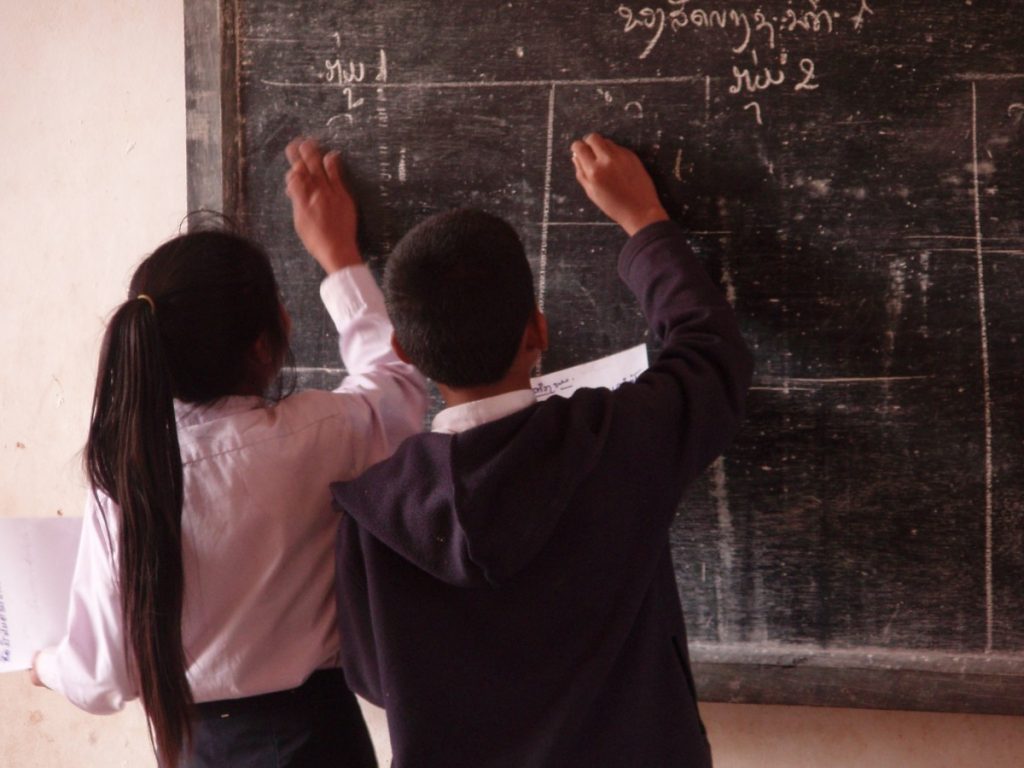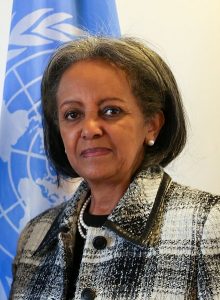
Recover and Revitalise Education for the COVID-19 Generation
This year, the third International Education Day will be celebrated on 25 January (usually celebrated 24 January). In the wake of the COVID-19 pandemic, affecting the lives of 1.6 billion students in over 190 countries, UNESCO chose for its theme the challenging task: Recover and Revitalise Education for the COVID-19 Generation.
I see the United Nations as a great symbol of hope in our divided world, an entity that proves we humans, for all our differences, can work in solidarity to achieve common goals. COVID-19 has shown that our governments and other organisations are getting proficient at working together in partnerships and protecting the outcomes.

In March, in response to the pandemic, UNESCO launched the COVID-19 Global Education Coalition, a multi-sector partnership to protect children’s well-being and make sure they have access to learning. “Each member of the coalition signs away free services of their choosing and these services are then used to help each nation in need. The services mostly include technology, training, internet services and printed materials for remote learning”[1], and focus on inclusion, equity and gender equality.[2]
An independent International Commission had been launched by UNESCO in September 2019, with the mandate to reimagine the role of education in a world that was marked by complexity, uncertainty and fragility. Little did anyone imagine just how uncertain. Members of the commission are from the world of politics, academia, the arts, business and education, all known thought-leaders. Under the leadership of Ethiopian President Sahle-Work Zewde, the group quickly began to grapple with the consequences of the pandemic crisis, noting key needs to be kept in mind while facing disruption to economies, societies and education systems. Their combined wisdom resulted in a document, Education in a post-COVID world: Nine Ideas for public action published in June 2020.
I like to imagine Mary MacKillop glancing down the nine ideas of the document, nodding her head at some or all. Two ideas might well have caught her eye:
- Value the teaching profession and teacher collaboration. There has been remarkable innovation in the responses of educators to the crisis, with those systems most engaged with families and communities showing the most resilience. The centre of any educational process is the relationship between a student and a teacher.
- Protect the social spaces provided by schools as we transform education. Schools provide children and youth with safe environments in which to take risks, experiment with possibilities, and explore purposes . . . Crucially they are places where we can encounter others not like ourselves, others whom we learn from and with, others who expand our understanding of the global tapestry of ways of being human.[3]
In Pitumarca, by 1997, Sunday afternoons saw children turn up in great numbers to play in the front grassed area. We were conscious, however, of the children who lived ‘up the valley’ in small townships beyond proper roads, running water or electricity, and decided to invite them to stay for a few weeks of Summer School. The best teachers I knew for our purposes were Luisa Davila Novoa and her sister Rosa, and they came from Lima to organise the programme with local teachers and youth. Rosa remembers:
The boys and girls, arrive in their beautiful coloured clothes, some a bit worn, through age or poverty, each one with a bundle on his/her back in which they are bringing woolly sheep skins to sleep on and potatoes to share, and above all, bringing dreams for this holiday which they have been told will be good fun. Eyes show both fear and expectation as they watch everything.
Each day is a feast day. After interchanging experiences, after games and competition, all united around one big table, we share food in family, like a perfect Eucharist.[4]
The celebration of International Education day will take place in Paris on Monday 25 January from 2:00 pm to 4:30 pm Paris time. It will be online from midnight to 2:30 am AEDT.
Angela Carroll rsj
Footnotes:
[1] COVID-19: The Global Education Coalition. Borgen Magazine. 24 November 2020.
[2] 2020 Global Education Meeting: Extraordinary Session on Educationpost-COVID-19 (online) co-hosted by the Governments of Ghana, Norway, the United Kingdom and UNESCO. 20 & 22 October 2020.
[3] International Commission on the Futures of Education. 2020. Education in a post-COVID world: Nine ideas for public action. Paris, UNESCO
[4] Missionary Experience in the Sierra by Rosa Davila Novoa (Covenant Josephite). 2020. Used with permission.
Image sources:
Right image: Students writing on chalk board obtained from pxhere. Used with permission.
Left image: Sahle-Work Zewde. J.Marchand, CC BY 2.0, via Wikimedia Commons
